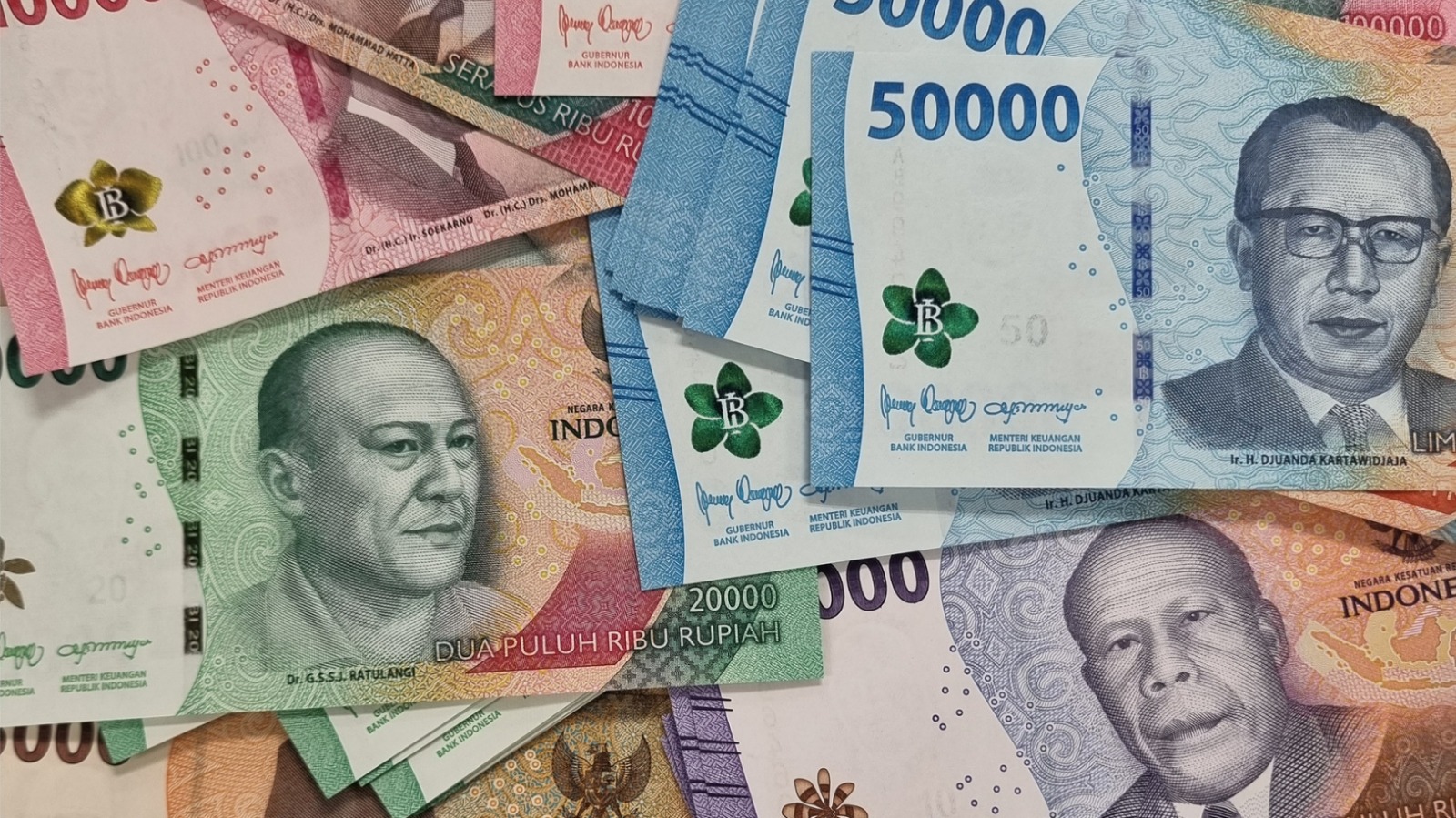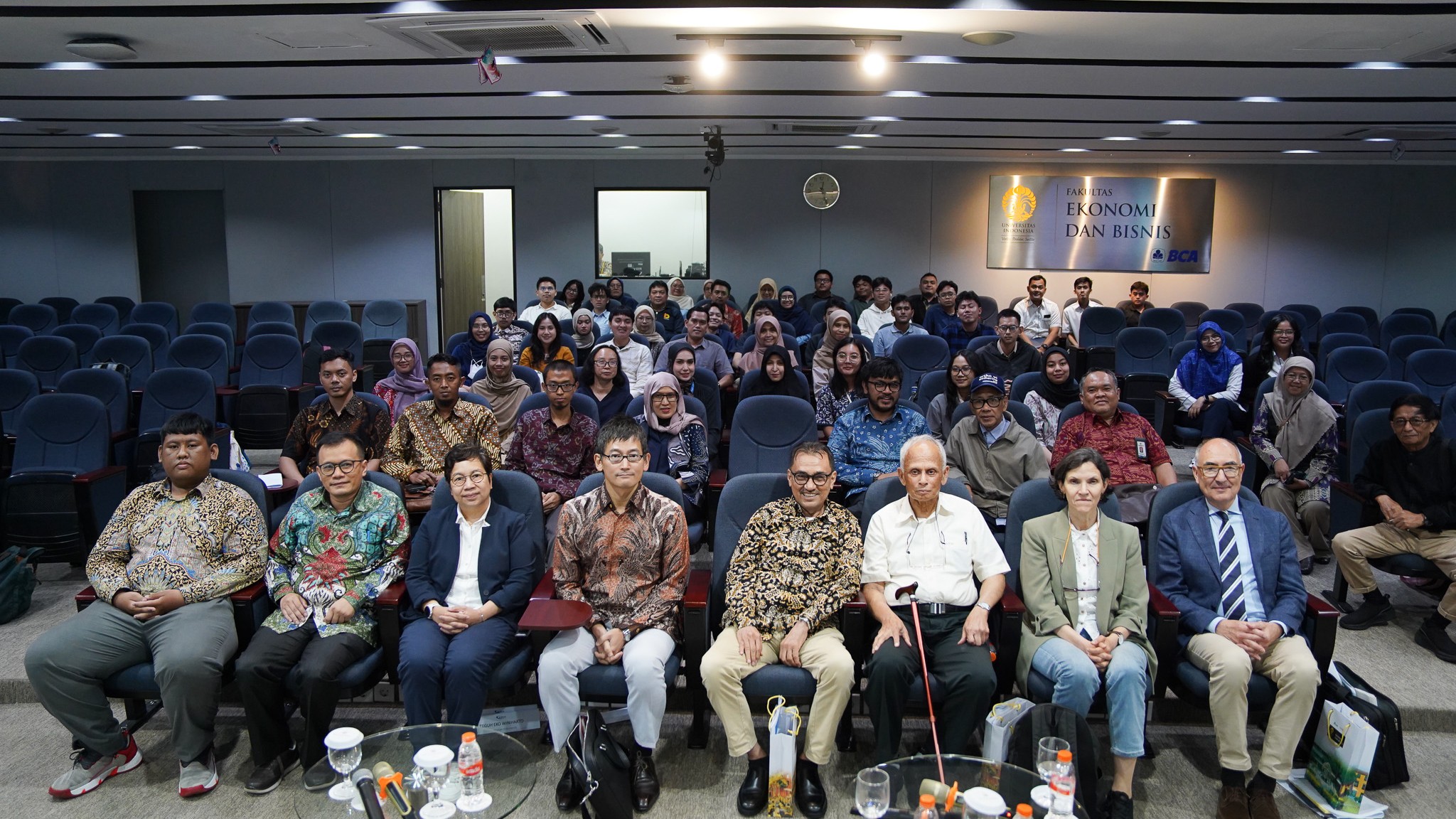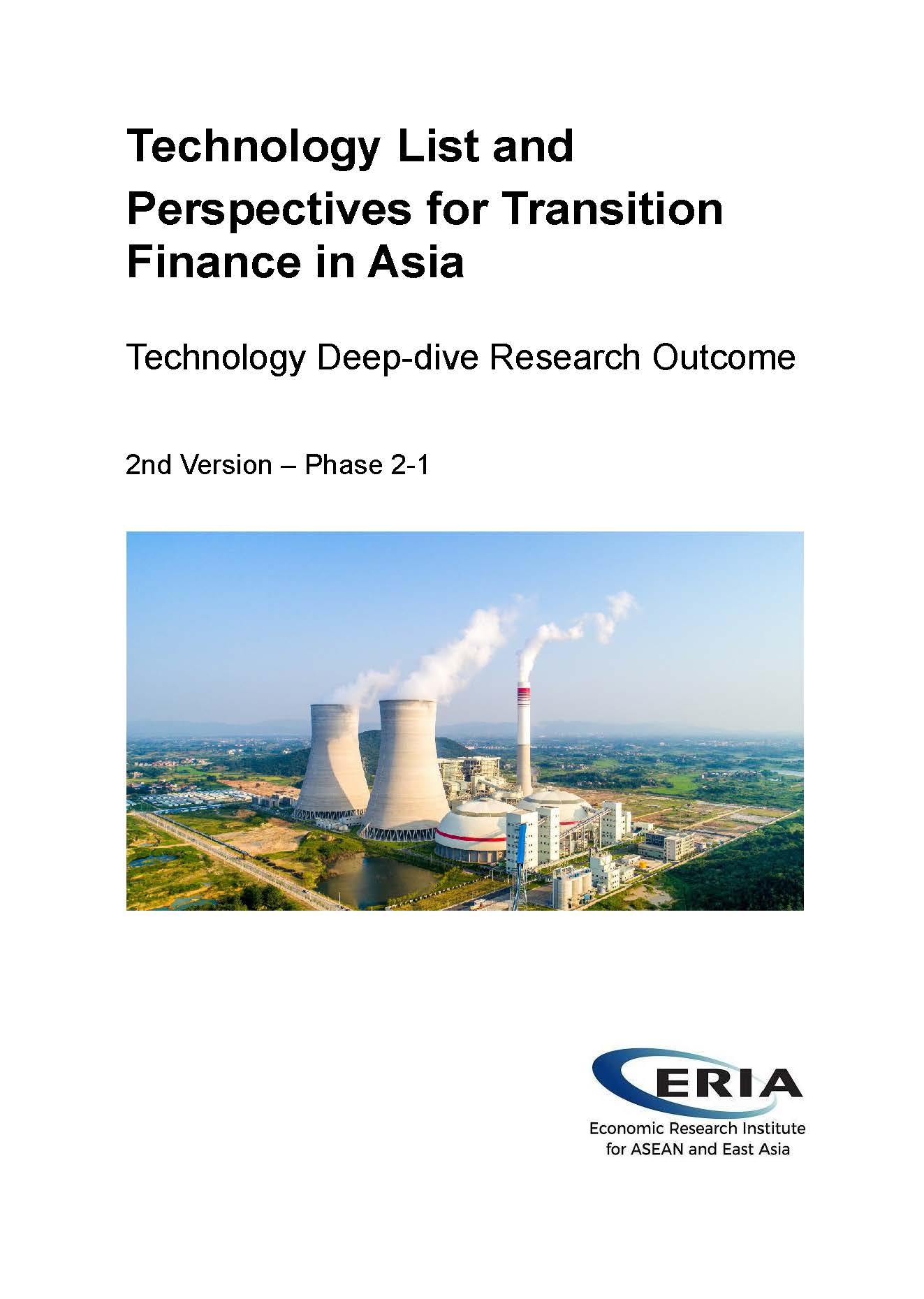To President Prabowo: NO to 12% VAT in 2025
Date:
16 December 2024By:
Lili Yan Ing, Yessi VadilaShare Article:
Print Article:
By Dr Lili Yan Ing, Secretary General of International Economic Association (IEA) and Senior Economist, ERIA, and Yessi Vadila, Trade Specialist: Indonesia is at a critical juncture in shaping its economic future amidst rising global uncertainties and a fragmented global economy. While many nations are taking steps to stimulate domestic consumption and safeguard their economies over the next three to four years, Indonesia's proposed plan to raise the value-added tax (VAT) rate from 11% to 12% in 2025 is questionable. This decision risks undermining the nation's economic resilience and recovery, particularly when contrasted with other countries' efforts to ease burdens on their citizens.
Globally, major economies are adopting measures to boost domestic demand and provide fiscal stimulus. China has committed US$1.4 trillion in fiscal stimulus over five years, maintaining a tiered VAT system with rates of 13%, 9%, and 6%, depending on the goods and services. Similarly, Vietnam extended its VAT reduction from 10% to 8% until mid-2025 to support domestic consumption, backed by a fiscal stimulus package of D200 trillion in 2023.
The consequences of Indonesia’s decision to increase VAT to 12% would be far-reaching, exacerbating existing economic challenges. This move risks deepening economic inequalities, stalling poverty alleviation efforts, and eroding the middle-income class, disproportionately affecting low-income households and the informal sector. The informal sector, which employs nearly 60% of Indonesia’s workforce, is particularly vulnerable to such economic shocks. In 2023, Indonesia had an estimated 66 million micro, small, and medium-sized enterprises (MSMEs), employing approximately 117 million workers or 97% of the total workforce.
Unemployment data further highlights the precariousness of the current economic situation. As of August 2024, Indonesia’s unemployment rate stood at 4.91%, or approximately 7.5 million individuals. Combined with the challenges of inflation and rising costs, an increase in VAT risks pushing many of these unemployed individuals, along with low-wage workers, deeper into financial distress. The cost-of-living crisis is already straining households, and a higher VAT will only worsen this burden.
One of the most alarming implications of a VAT hike is its impact on poverty rates. Historical evidence suggests that increasing VAT disproportionately affects the poorest households. Research by the World Bank indicates that a 1% VAT increase raises poverty levels by 0.27 percentage points. Similarly, a study by the University of Indonesia’s LPEM projects a slightly smaller, but still significant, increase of 0.19 percentage points. Applying these estimates to Indonesia’s current population, a rise from 11% to 12% could push an additional 535,000 to 619,500 people into poverty. This figure underscores the profound socioeconomic risks posed by the policy, particularly for rural- and informal-sector workers who are already amongst the most vulnerable.
The damage extends beyond the poorest households, as Indonesia’s middle-income class is also at risk. The middle class has been shrinking over the past five years, from 57.33 million people in 2019 to 47.85 million in 2024. At the same time, the ‘vulnerable’ category has grown from 54.97 million to 67.69 million, according to Statistics Indonesia data as of 2024. Over the past five years, 9.48 million people have fallen out of the middle class. These trends reflect an erosion of economic stability for millions of Indonesians, undermining the backbone of domestic consumption and long-term economic growth.
The shrinking middle-income class is not just a statistic; it represents a weakening of Indonesia’s economic stability. Domestic consumption has long been a key driver of the country's growth contributing more than 55% for more than two decades, and any policy that reduces the purchasing power of the middle class jeopardises this engine of economic resilience.
Given these challenges, increasing VAT is not the solution.
Addressing Fiscal Needs
Indonesia should consider alternative measures to address its fiscal needs without harming its most vulnerable citizens.
One such approach is to impose higher taxes on luxury goods, which would target those with greater financial capacity without affecting essential consumption. Luxury items such as yachts, high-end properties, and designer goods could be taxed at higher rates to generate revenue in a progressive manner. This should be complemented by a progressive asset tax.
Second, increasing taxes on tobacco products could provide dual benefits. Not only are higher taxes on cigarettes (including electronic varieties) in line with World Health Organization’s recommendations that tobacco taxes constitute at least 70% to 75% of retail prices, they could also significantly boost public revenue and advance public health goals. This approach would not only reduce smoking rates but also alleviate the financial strain on healthcare systems caused by tobacco-related illnesses.
Third, prudent (and wise) government spending is another critical avenue for fiscal reform. By eliminating unnecessary expenditures, such as ceremonial events and non-essential business trips, funds could be redirected towards more productive uses. Public programmes, for instance, could reduce reliance on high-emission imports like beef and dairy by promoting locally sourced nutritious options such as beans, spinach, and avocados. This shift would not only save costs but also support local farmers and reduce Indonesia’s carbon footprint.
The Way Forward
Increasing VAT to 12% risks exacerbating inequality, pushing millions into poverty, and eroding the middle-income class that underpins Indonesia’s economic stability. At a time when global economic conditions demand policies that prioritise domestic resilience, this decision would move the country in the wrong direction. By adopting progressive taxation, prioritising prudent government spending, and focusing on job creation, Indonesia can address its fiscal challenges without sacrificing the welfare of its most vulnerable citizens. It is essential to consider the long-term implications of these policies.
The principle of ‘jobs, not aid’ captures the essence of this approach. Rather than offering temporary financial assistance, Indonesia should focus on creating sustainable livelihoods that empower citizens to participate in and contribute to the economy. It is crucial to redirecting inefficient subsidies towards healthcare, infrastructure, and education, which would address the root causes of poverty and inequality. Investments in these areas are essential for long-term development and would provide a more equitable foundation for economic growth. At the same time, fostering job creation should be prioritised over direct financial aid. Simplifying investment procedures, reducing regulatory barriers, and creating a conducive environment for businesses – especially MSMEs – would drive sustainable job growth and economic stability.
A stronger, more equitable future for Indonesia requires thoughtful decision-making that balances fiscal needs with social equity. Together, we can secure a stronger, more equitable future for Indonesia – without a 12% VAT, not in 2025, and not in the next three to four years.
This opinion piece was written by Dr Lili Yan Ing, Secretary General of International Economic Association (IEA) and Senior Economist, ERIA, and Yessi Vadila, Trade Specialist, ERIA. Click here to subscribe to the monthly newsletter.
Disclaimer: The views expressed are purely those of the authors and may not in any circumstances be regarded as stating an official position of the Economic Research Institute for ASEAN and East Asia.







